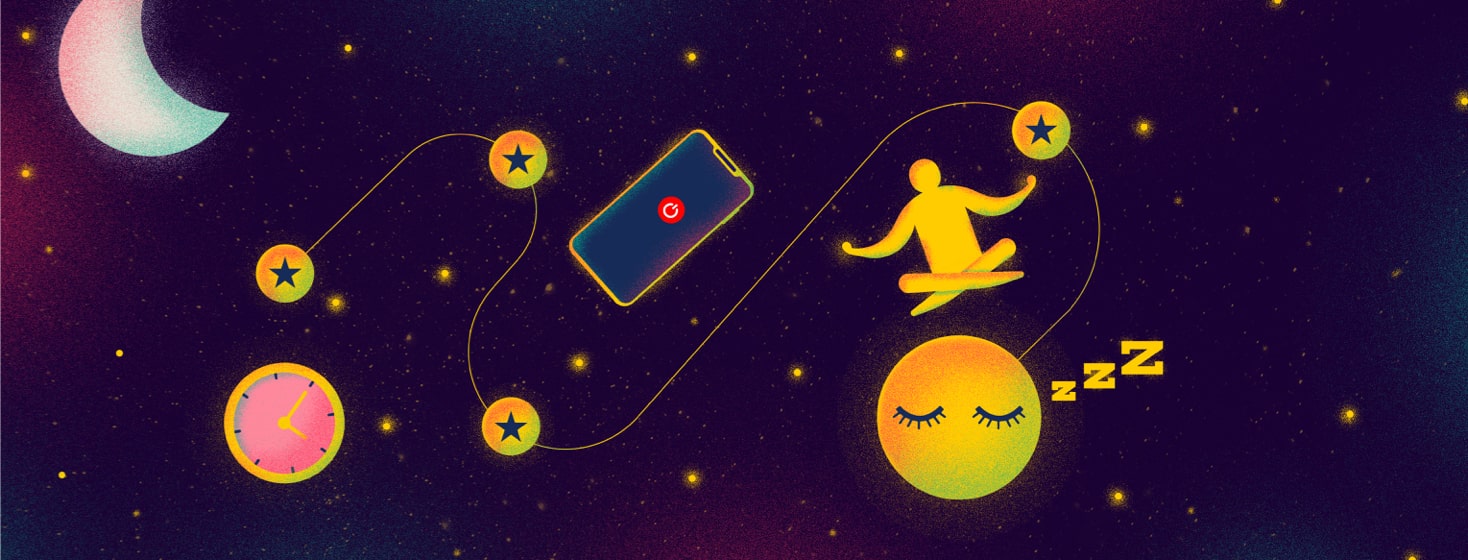Community Views: Tips for Better Sleep
Living with lupus can bring many challenges, and one of the most common and exhausting is the struggle for restful sleep. This interrupted sleep leaves many feeling more tired than when they went to bed and "restless". You are not alone in this battle. We reached out to our lupus community and asked to respond to our forum to tell us: "What are your tricks to help you sleep better?" More than 250 community members weighed in. Here is what was shared.
Crafting Your Sleep Sanctuary
Creating an ideal sleep environment is crucial. Many community members emphasize the need for temperature control. Fans are popular for their cooling properties and for producing calming white noise. Some find cooling body pillows and moisture-wicking sheets helpful. Conversely, some prefer warmth, using a space heater or sleeping on heat to soothe aches and pain.
Darkness is another critical element. Blackout curtains are a popular solution, and many also find eye masks helpful. For sound, a quiet environment is generally preferred, but many rely on ambient noise. Many consciously turn off electronics an hour or more before bed.
Physical comfort is paramount. Many rely on "extra pillows to cushion sore joints", including body pillows and pillows placed between the knees. Weighted blankets provide calm and security. Cozy socks and comfortable pajamas also contribute to a soothing sleep environment.
Nurturing Bedtime Rituals
A consistent and calming bedtime routine is highly recommended. Warm baths or showers are often used to relax the body, especially during flare-ups. One individual cautions that "hot baths causes those rash flares all over my arms and legs", suggesting warm baths as an alternative.
Many find comfort in relaxing beverages, especially various teas. Chamomile tea with honey and cinnamon, uncaffeinated green tea, and relaxation tea with fresh mint or lavender are popular choices. Tart cherry juice is also mentioned. To quiet a busy mind, reading a physical book before bed is common. Journaling helps "empty my brain".
Breathing techniques and meditation are widely utilized. Essential oils like lavender and eucalyptus are used for scent. Limiting caffeine intake and avoiding eating late are common recommendations. Keeping a consistent sleep schedule is key.
Managing Pain and Discomfort
Pain is a significant disruptor of sleep. Many use pain medications. Ice packs "minimize inflammation" or calm flare-ups. Gentle stretching can "make sure my muscles are as loose as possible". Specialized pillows, including body pillows and travel pillows, help support sore joints. A heating pad can be a "best friend" for restless legs. Cuddling with pets also provides comfort.
The Role of Supplements and Medications
Many explore supplements and medications. Melatonin is a widely used over-the-counter aid. Others find success with Magnesium supplements. Some reported that medical cannabis products have helped them sleep better and manage pain. Prescription medications like Trazodone and Gabapentin are also mentioned. It is crucial to remember that what works for one person may not work for another. Always discuss any supplements or medications with your doctor to ensure they are safe and appropriate. Some noted that even prescribed sleeping pills "don't always work".
Mindset and Seeking Professional Help
Beyond specific techniques, many emphasized the importance of a healthy mindset. It can be easy to get frustrated on sleepless nights, but several individuals suggest "learning not to fight it or get frustrated on the nights nothing works". One community member advised, "It's hard not to obsess a bit when those sleepless nights hit, but sometimes, you just have to call it a loss and be willing to nap during the day, if needed". Others find strength in positive thoughts.
Recognizing that sleep issues are complex and often linked to lupus, seeking professional guidance is also useful. For persistent difficulties, "it might be worth considering seeing a sleep specialist to talk about the effects of your stimulant medication on sleep and what options are available for regulating sleep with all your health conditions".
Ultimately, finding what works best for your unique situation may take trial and error. By exploring these diverse strategies, you can take meaningful steps toward achieving more restful sleep. You are not alone on this journey.
Do you have some tips on what helps improve your sleep? Share them in our forum!

Join the conversation